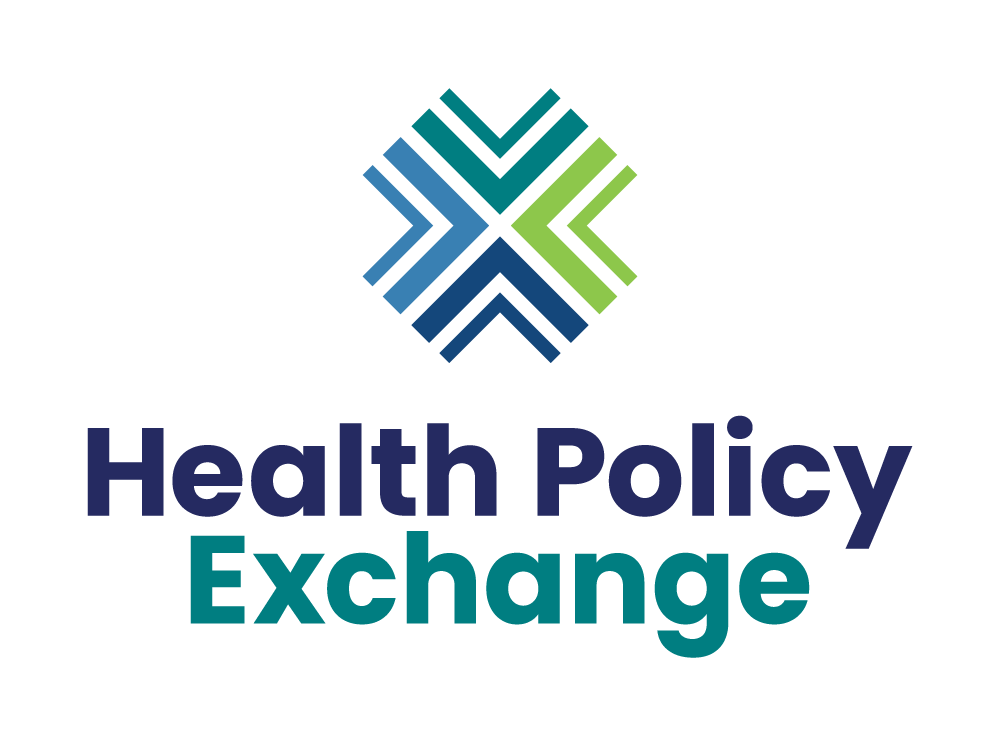Child and Adolescent Health and Health Care Quality: Measuring What Matters
On this call, funders heard about IOM’s recommendations to standardize and make improvements to data sources and measures of health and health care quality for children and adolescents.
“Aligning Forces for Quality” and Supporting Payment Reform
This audioconference was designed for funders within the Aligning Forces for Quality (AF4Q) regions (an initiative of the Robert Wood Johnson Foundation) and described ways local funders can partner with their local AF4Q alliance around payment reform and improving health care quality.
The Consumer Voice in Behavioral Health: A Powerful Tool
Do you use consumers as consultants or hire consumers as employees? The speakers on this webinar each discussed their own recovery perspective and how this experience benefits their current work, and shared strategies to incorporate the consumer voice into foundation activities.
Schools as Venues for Improving Oral Health
On this webinar, speakers highlighted the potential of school-based health centers to offer oral health care, provided examples of innovative programs, and shared recommendations for how foundations can best support this work, in addition to discussing oral health strategies and the challenges faced when working with schools.
Frameworks for Transforming Systems and Improving Health Outcomes
This audioconference provided an overview of the Triple Aim framework for integrative and transformational change, which was launched under the former leadership of Don Berwick at the Institute for Healthcare Improvement.
“Where the Rubber Meets the Road” and the Affordable Care Act Fund
On this GIH audioconference, Robert Phillips from The California Endowment, Sara Kay from The Nathan Cummings Foundation and Karen Quigley from Community Catalyst discussed both the report and the Fund and ways that foundations may want to consider them in their work and funding decisions.
IOM Report on the Future of Nursing
This GIH webinar explored key messages framing the most recent IOM report’s recommendations. Presenters reflected on how foundations can act on specific recommendations as well as provide support for implementation efforts at the local, state, and national level.
Adapting to Change in the Political Landscape of State Government
Results of the recent election have significantly altered the political map for state governments. This audioconference considered the implications of these political shifts for health policy and explored how health funders are responding to changes in the political landscape.
Health Reform & Medicaid: Opportunities to Improve Behavioral Health
This webinar examined opportunities to improve behavioral health.
Reaching Out to Business (Part Two)
Participants conversed on how best to craft partnerships with the business community, invest in outreach to employers, and tailor messages about the benefits of health reform.
Reaching Out to Business (Part One)
This GIH Webinar provided a brief overview of the Affordable Care Act as it relates to small, medium, and large businesses. Presenters explored opportunities and challenges that the new law presents for the business community, as well as strategies to further educate employers about health reform and how businesses stand to benefit.
The Mental Health Impact of Intimate Partner Violence
On this webinar, Carole Warshaw and Terri Pease of the National Center on Domestic Violence, Trauma, and Mental Health presented culturally relevant and trauma-informed strategies for responding to survivors who are experiencing the mental health effects of domestic violence and other lifetime trauma, with a special emphasis on the role of grantmakers.
What Effect Will the Affordable Care Act Have on Women’s Health?
This GIH audioconference provided a brief overview of the ACA as it relates to women’s health.
How Early Influences Can Affect Later Outcomes
On this call, funders learned more about key issues related to mental health in early childhood.
Upcoming Events on Behavioral Health
Roundtable Discussion for Health Funders’ Policy Staff
A growing number of health funders employ staff whose responsibilities focus exclusively or predominantly on public policy engagement. Do you lead your organization’s policy or government affairs work? Participants joined this informal roundtable discussion to connect with your peers, explore pressing issues, and share your experiences to engage communities in setting funders’ policy priorities. Agenda forthcoming.
Roundtable Discussion for Health Funders’ Policy Staff
A growing number of health funders employ staff whose responsibilities focus exclusively or predominantly on public policy engagement. Do you lead your organization’s policy or government affairs work? Join this informal roundtable discussion to connect with your peers, explore pressing issues, and share your experiences to engage communities in setting funders’ policy priorities.
On this webinar, we will hear from Sean McCluskie, Former Chief of Staff at the US Department of Health and Human Services (HHS), regarding his reflections on the current health policy environment, as well as his advice for funders engaging in policy.

